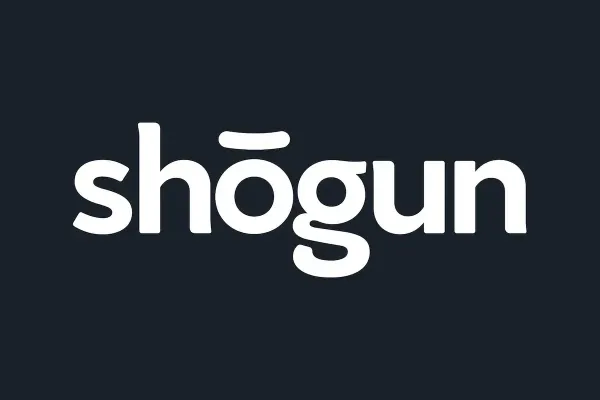In the world of SEO, link farms and Private Blog Networks (PBNs) have long been considered shortcuts to achieving higher search engine rankings. However, using these tactics can lead to severe and often permanent penalties and long-term harm to your website's reputation and visibility.
What Are Link Farms?
Link Farms are networks of websites created solely for the purpose of increasing the number of backlinks to a particular website. These sites often have little to no valuable content and are designed to manipulate search engine rankings by artificially inflating the number of incoming links to a target site.
What Are Private Blog Networks (PBNs)?
Private Blog Networks (PBNs) are groups of websites owned and controlled by a single entity, designed to build links to a primary website to boost its search engine rankings. PBNs typically consist of expired domains with high domain authority, repurposed to create backlinks to the owner’s main site.
Why Are Link Farms and PBNs Harmful?
1. Violation of Search Engine Guidelines
- Against Policies: Both link farms and PBNs violate Google’s Webmaster Guidelines and the guidelines of other major search engines. These practices are considered manipulative and deceptive.
- Risk of Penalties: Engaging in these practices can lead to severe penalties, including demotion in search rankings or complete removal from search engine indexes. These penalties are extremely hard to remove, if not impossible.
2. Low-Quality Links
- Poor Relevance: Links from link farms and PBNs are often irrelevant to your website’s content. Search engines prioritize links from relevant, authoritative sources.
- Spammy Content: These networks usually have low-quality, spammy content, which can negatively impact your site’s perceived value and authority.
3. Short-Term Gains, Long-Term Losses
- Temporary Boost: While you might see a short-term boost in rankings, search engines are increasingly adept at identifying and penalizing manipulative link-building tactics.
- Sustainable Growth: Ethical SEO practices lead to sustainable, long-term growth. Manipulative tactics provide only fleeting benefits and significant risks.
4. Damage to Reputation
- Brand Damage: Being associated with spammy sites can damage your brand’s reputation. Customers and partners may view your site as untrustworthy.
- Loss of Trust: Search engines and users alike value trustworthiness and credibility. Using shady tactics undermines both.
How Search Engines Detect and Penalize Link Farms and PBNs
Advanced Algorithms
- Algorithm Updates: Search engines continuously update their algorithms to detect unnatural linking patterns. Google’s Penguin algorithm, for example, targets manipulative link schemes.
- Pattern Recognition: Sophisticated algorithms can recognize patterns indicative of link farms and PBNs, such as sudden spikes in backlinks from low-quality sites.
Manual Reviews
- Spam Reports: Competitors or vigilant users can report suspicious linking practices, prompting a manual review by search engine staff.
- Manual Penalties: If a manual review confirms manipulative practices, search engines can impose manual penalties, severely affecting your site’s visibility. Again, those penalties are often impossible to reverse, even with disavow lists.
Ethical SEO Practices
Quality Content
- Create Valuable Content: Focus on creating high-quality, valuable content that naturally attracts backlinks.
- Content Marketing: Use content marketing strategies to promote your content and attract organic links from reputable sources.
Genuine Outreach
- Build Relationships: Engage in genuine outreach to industry influencers, bloggers, and webmasters for legitimate link-building opportunities.
- Guest Posting: Contribute guest posts to reputable websites in your niche to build authority and earn valuable backlinks.
On-Page SEO
- Optimize Content: Ensure your website is well-optimized with relevant keywords, meta tags, and a good user experience.
- Technical SEO: Pay attention to technical SEO aspects like site speed, mobile-friendliness, and secure connections (HTTPS).
Final Thoughts
Avoiding link farms and PBNs is essential for maintaining a healthy, sustainable SEO strategy. While these tactics might offer a quick fix, the long-term risks far outweigh any temporary benefits. Focus on ethical, white-hat SEO practices that build genuine authority and trust. This approach not only helps you avoid penalties but also ensures sustainable growth and a solid online reputation.








